
Hurricane season is a critical period for Puerto Rico, and being prepared can make the difference between safety and danger. In
Gasoline generators are an efficient and reliable solution to supply electricity in various situations. However, the quality of the parts and components of these generators is essential to ensure their correct operation and long-term durability. In this blog, we will explore the different Parts for gasoline generators and how its proper choice can make a difference in its performance and useful life. From air filters and spark plugs to carburetors and ignition systems, we'll take an in-depth look at each component to help you understand their importance and how to keep your gasoline generator in top condition.
Additionally, if you are considering investing in a generator that offers even more efficiency and power, you cannot overlook the diesel generators from the renowned company JRH. Our products stand out for their durability, low fuel consumption and ability to support heavy loads efficiently. If you are looking for a generator that provides exceptional performance and long life, JRH diesel generators are the perfect choice. Discover the power and reliability that JRH has to offer you in the world of generators!
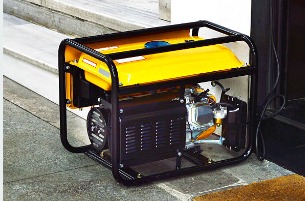
A gasoline generator is a device that converts mechanical energy into electrical energy using an internal combustion engine.
It works through a process in which gasoline is burned in the engine, creating a controlled explosion. This explosion drives the pistons downward, creating rotary motion in the crankshaft.
As the crankshaft turns, this mechanical energy is transferred to the alternator, which is connected to the engine. The alternator, when turning, produces alternating current (AC).
The alternating current then passes through a rectifier that converts it to direct current (DC). Finally, the output voltage is regulated to keep it constant and the electrical energy generated can be used through the plugs of the generator.
In this way, a gasoline generator provides a reliable source of electricity to power devices and equipment in different situations.
Gasoline generators are made up of a variety of essential parts that ensure optimal operation. Some of the key parts include:
Each of these parts is essential for the proper functioning of a gasoline generator. Keep them in good condition, clean or replace them as necessary, and perform a maintenance Regular operation will ensure reliable performance and long generator life.
gasoline generators: Gasoline generators are popular for their portability, ease of use, and lower initial cost. They are ideal for residential and recreational applications such as camping and outdoor events. Gasoline is widely available, making it easy to acquire. However, gasoline generators tend to have a shorter lifespan and higher fuel consumption compared to diesel generators. Also, they can be less efficient in terms of power and charging capacity. They are relatively easy to maintain, but may require more frequent maintenance due to increased component wear.
diesel generators: Diesel generators are renowned for their durability, efficiency and power. They are ideal for commercial, industrial and emergency applications. Diesel engines are more efficient in terms of fuel consumption and have a longer lifespan compared to gasoline engines. Additionally, diesel generators can handle heavier loads and run for extended periods of time without issue. However, they are usually more expensive compared to gasoline generators, both in terms of initial price and maintenance. Also, the availability of diesel fuel may be a factor to consider, as it is not as easily accessible as gasoline in some areas. See More
In conclusion, gasoline generators are suitable for light and occasional applications, offering portability and lower initial cost. Diesel generators are preferable in commercial or industrial applications that require greater power, efficiency, and durability, albeit with a higher associated cost. The choice will depend on the specific needs of each situation, the available budget and the availability of fuel.
You can find diesel generators whom JRH We offer reliable and high quality equipment. You can visit our products at the following link or contact us directly to obtain personalized advice on acquiring a diesel generator that meets your specific needs.

Hurricane season is a critical period for Puerto Rico, and being prepared can make the difference between safety and danger. In

Understanding how a hurricane forms allows us to be one step ahead and prevent the devastating effects of these natural phenomena. Especially in areas
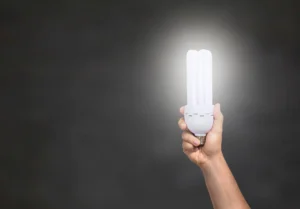
In a world where energy efficiency is increasingly a priority, learning to save energy has become a crucial need for both
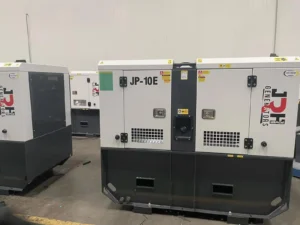
In a world that doesn't stop, the need for a reliable and continuous power source is more crucial than ever. At JRH Power
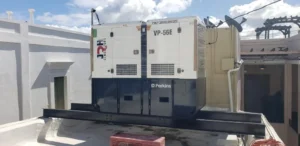
Have you ever wondered how electricity becomes a constant in our lives, even in the most critical moments? At JRH Power
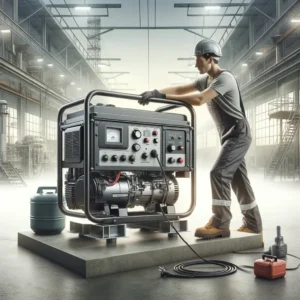
In our modern world, where electricity is vital, power outages are a frequent reality. Know how to connect a generator to the house